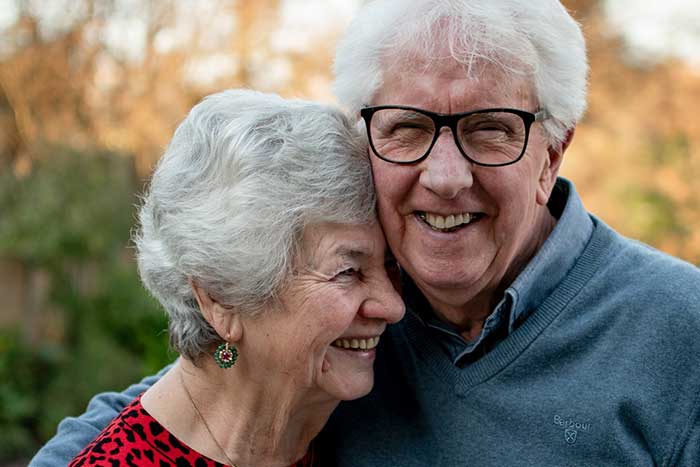As you get older, it only makes sense that you’d pay more attention to your health. You may start exercising more or stretching to avoid aches and pains. You may be more conscious of your diet and take on healthier eating habits.

But one side of our health that often gets ignored is mental health. Among older adults, mental health is a serious and growing concern. In addition to universal stressors that can lead to depression and other mental health problems, the risk factors for older adults include isolation and loneliness, as well as the loss of capacities and functional decline that can be brought on by physical health issues like:
- Chronic pain
- Reduced mobility
- Frailty
- Dementia
Mental health can have a serious impact on physical health as well. The World Health Organization reports that seniors with depression have a harder time with chronic issues like heart disease than their counterparts.
So how can seniors work on their mental health, the same way they might exercise or eat better to stay in physically good shape?
#1 Stay Social
One of the best pieces of senior living advice you can follow is keeping up with an active social life to improve your mental health. Socializing keeps the brain active and prevents feelings of loneliness and isolation.
It helps to find a hobby or activity that you can do with other people – such as crafting, learning a new skill, or joining a book club or movie club.
Where you live has a huge impact on how easily and frequently you can socialize with friends and neighbors. Senior living communities can make it easier to stay connected with a community of people and get to activities like exercise groups.
#2 Get a Pet
Taking care of a pet is an excellent way to combat mental health challenges. They provide constant companionship and can help keep you active, even when mental health symptoms make it tough to get motivated.
Whether it’s tossing your cat’s favorite toy around the room or taking your beloved dog for a walk, you’ll form a bond that reduces loneliness and keeps you from feeling withdrawn.
#3 Exercise
Exercise doesn’t just benefit your physical help; it’s also a boon to your mental health. Exercise can reduce the symptoms of anxiety and depression and help prevent health conditions that may lead to mental health problems.
Regular exercise releases endorphins, a natural brain chemical responsible for that “feel-good” sensation. It can also take your mind off your worries, helps you feel motivated, and even facilitates social interactions. Joining an exercise group is an excellent way to combine the benefits of exercise and socialization.
#4 Challenge the Brain
Keeping your brain challenged can reduce your risks of developing dementia, depression, and other mental health conditions. Whether it’s tackling the daily crossword, signing up for a class to learn something new, or just having stimulating conversations with friends and family, an active brain is a happy one.
